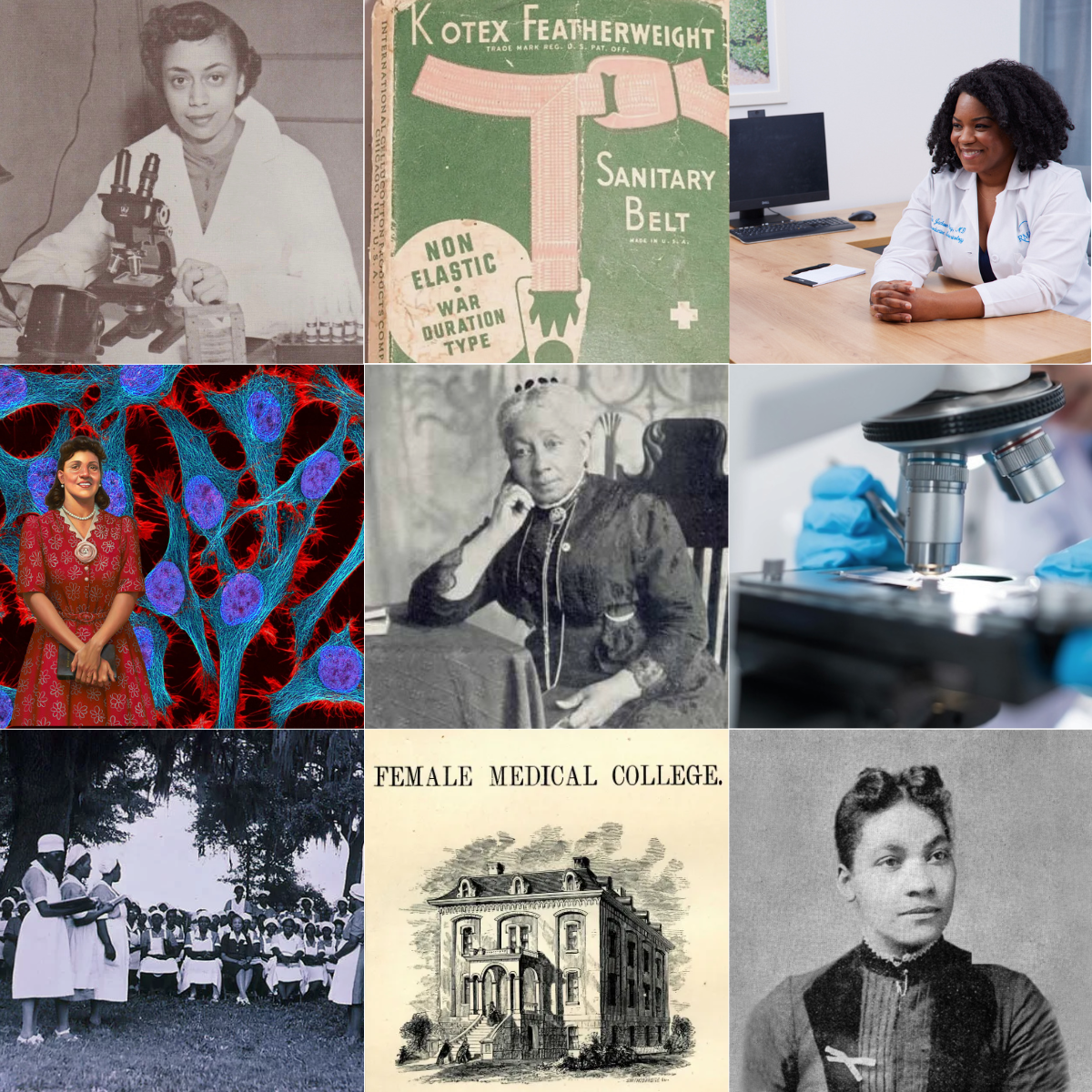Celebrating Medical Breakthroughs by Black Innovators and Pioneers

As we celebrate Black History Month, let us honor these incredible trailblazers whose contributions have had a lasting impact on healthcare and continue to inspire future generations.
Granny Midwives: Mothers of Obstetric Care
For centuries, Black women in the U.S. have been crucial to the care of expectant mothers. In the Southern states, Black midwives, sometimes called “granny” midwives, attended up to 75% of births until the 1940s. These women were the backbone of obstetric care in African-American communities, especially during times when hospitals were inaccessible to themGranny Midwives practiced traditional methods of childbirth, offering comfort, support, and guidance in the home. They not only helped deliver generations of babies but also served as educators, teaching families about pregnancy, labor, and postpartum care. Their knowledge, passed down through generations, laid the groundwork for modern obstetric care, making them unsung heroes in the history of maternal healthcare.
Henrietta Lacks: The Immortal Cell Line
Since 1951, Henrietta Lacks’ cells have become one of the most significant tools in medical research. Known as HeLa cells, her cells were the first human cells to be successfully cultured and they have continued to reproduce in laboratories ever since. These cells revolutionized scientific research, contributing to the development of the polio vaccine, cancer treatments, and research in virology, genetics, and pharmaceuticals. The legacy of Henrietta Lacks has sparked ongoing discussions about ethics, consent, and the treatment of Black bodies in scientific research, making her story a vital part of medical history.
Dr. Marilyn Hughes Gaston: Pioneering Newborn Sickle Cell Screening & PGT-M
Dr. Marilyn Hughes Gaston (b. 1939) is a trailblazer in the field of pediatric medicine and public health. She is best known for her work in developing the nationwide newborn screening program for sickle cell disease (SCD). Her efforts led to early detection and improved care for thousands of children, significantly improving life expectancy and quality of life for individuals with SCD. Dr. Gaston’s work has paved the way for advances in genetic testing, including preimplantation genetic testing for monogenic diseases (PGT-M), allowing families to make informed decisions about inherited conditions, such as SCD.
Mary Beatrice Davidson Kenner: The Sanitary Belt
In 1956, Mary Beatrice Davidson Kenner (1912 - 2006) revolutionized women’s health when she patented the sanitary belt, a precursor to the modern-day sanitary pad, and an eliminator for “chafing and irritation normally caused by devices of [its] class.” Kenner’s invention laid the foundation for modern menstrual products that better address women’s comfort and hygiene. Despite not profiting from her inventions, Kenner received five total patents for her household and personal item creations between 1956 and 1987, the largest number of patents held by a black woman.
Dr. Rebecca Lee Crumpler, Dr. Susan McKinney, and Dr. Tia Jackson-Bey: Pioneering African American Women in Medicine
Dr. Rebecca Lee Crumpler made history in 1864 as the first Black woman in the United States to earn a medical degree. Her dedication to serving marginalized communities, particularly formerly enslaved people, transformed the landscape of medicine for Black Americans. Dr. Susan McKinney followed in Crumpler’s footsteps, becoming the third Black woman to earn a medical degree in the U.S. She went on to become a renowned physician and advocate for African-American women’s health, breaking barriers in both medical practice and access to care. Dr. Tia Jackson-Bey continues to build upon these legacies. As a board-certified REI at RMA of New York - Brooklyn, she combines her passion for science with her commitment to addressing healthcare disparities and providing excellence in patient care. She speaks frequently on the Black Fertility Myth and provides educational webinars to women looking to learn more about how they can take control of their reproductive health and prepare for motherhood.
Kizzmekia Corbett-Helaire: A Leading Force Behind the COVID-19 Vaccine
Dr. Kizzmekia Corbett-Helaire (b. 1986), a viral immunologist, played a pivotal role in the development of the COVID-19 vaccine. As a lead scientist at the National Institutes of Health (NIH), she was instrumental in designing the mRNA vaccine that has helped save millions of lives worldwide.
Black innovators in the field of medicine have significantly shaped the future of healthcare. From midwives who provided essential care to the pioneers of medical research, these individuals continue to break down barriers and make critical contributions to improving the health and well-being of society - stretching far beyond February.
